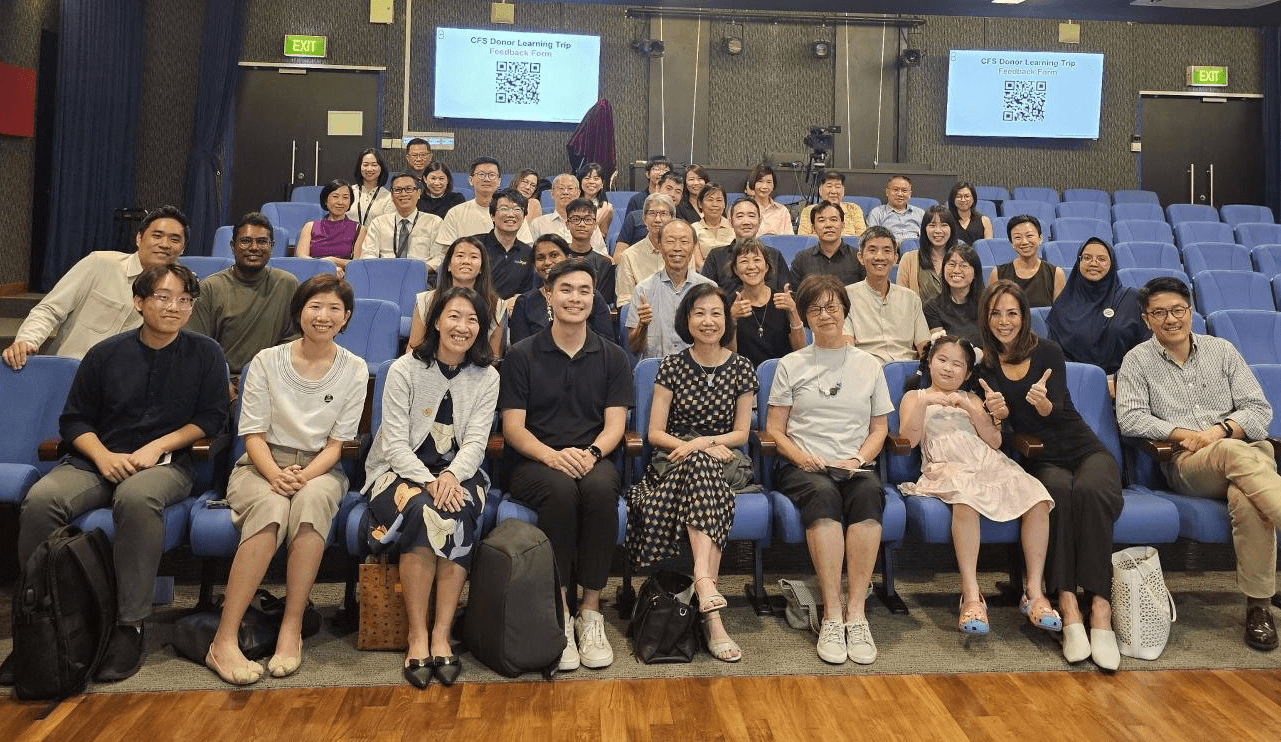Events
[Webinar] Facilitating Philanthropy: Taxation, Structures and Legacy Giving

John Doe
February 22, 2022
Feb 22, 2022
We would like to give a big thank you to the Law Society of Singapore and the Singapore Management University’s Centre for Commercial Law in Asia for inviting our CEO, Ms Catherine Loh, to be a part of the panel for the Facilitating Philanthropy: Taxation, Structures and Legacy Giving webinar.
We would like to give a big thank you to the Law Society of Singapore and the Singapore Management University’s Centre for Commercial Law in Asia for inviting our CEO, Ms Catherine Loh, to be a part of the panel for the Facilitating Philanthropy: Taxation, Structures and Legacy Giving webinar.



